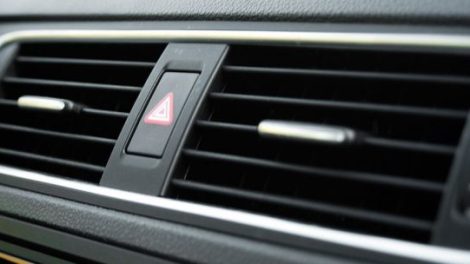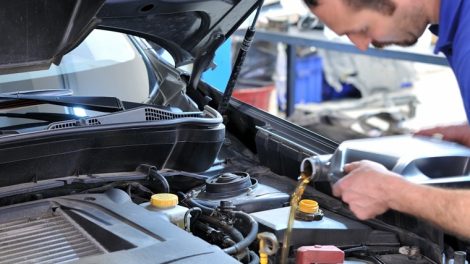An engine misfire occurs when one or more cylinders fail to ignite the air-fuel mixture properly. This incomplete combustion results in unburnt fuel being dumped into the exhaust system. Instead of being converted into energy within the engine, this raw fuel travels downstream, reaching the catalytic converter. The catalytic converter is designed to burn off remaining hydrocarbons, carbon monoxide, and nitrogen oxides. However, a sudden influx of unburnt fuel overwhelms the converter, causing it to overheat significantly. This extreme heat can quickly degrade the catalyst material and even melt internal components, leading to a clogged or damaged catalytic converter.
The Domino Effect: Pressure, Corrosion, and Pipe Weakening
A damaged or clogged catalytic converter triggers a cascade of problems throughout the exhaust system. The resulting restriction generates excessive back pressure, hindering engine performance and potentially leading to misfires, which worsens the initial catalytic converter issue. This back pressure essentially chokes the engine, reducing its efficiency and power output. Furthermore, the catalytic converter’s overheating radiates intense heat throughout the exhaust system, especially affecting nearby pipes. Over extended periods, this constant exposure to high temperatures weakens the metal, accelerating rust, corrosion, and the formation of cracks. Consequently, the entire exhaust system becomes vulnerable, potentially requiring costly repairs and replacements beyond just the catalytic converter itself. Addressing a failing catalytic converter promptly can prevent these downstream complications and maintain optimal vehicle performance. From the Auto Repair in Easley, SC based service you would get the finest choice for maintenance here.
Water Vapor and Acidic Condensation: Internal Threats
In addition to the external heat stress, the exhaust system is also vulnerable to internal corrosion. During the combustion process, water vapor is a natural byproduct. However, when unburnt fuel enters the exhaust system, it can react with the water vapor to form acidic condensation. This acidic mixture corrodes the inside of the exhaust pipes, accelerating their deterioration. The problem is amplified during cold starts when the exhaust system is still warming up, as condensation is more likely to form.
Vibrations and Physical Stress: Added Strain on Weakened Pipes
The constant vibrations of the engine and the road also contribute to the fatigue and damage of exhaust pipes, especially those already weakened by heat and corrosion. Misfires can cause the engine to run rougher than usual, intensifying these vibrations. Over time, this persistent shaking can cause cracks to form in the weakened pipes, especially at joints and welds. Road debris and impacts from speed bumps can further exacerbate the damage, leading to leaks and eventual pipe failure.
Preventive Maintenance: Addressing Misfires Early
The best way to prevent exhaust pipe damage caused by engine misfires is to address the root cause promptly. Regular maintenance procedures, such as replacing spark plugs, inspecting ignition coils, and checking fuel injectors, can help ensure proper combustion and prevent misfires from occurring. Monitoring engine performance for signs of misfires, such as rough idling, reduced power, or increased fuel consumption, is crucial. By addressing misfires early, you can safeguard your exhaust system and prevent costly repairs down the line.








